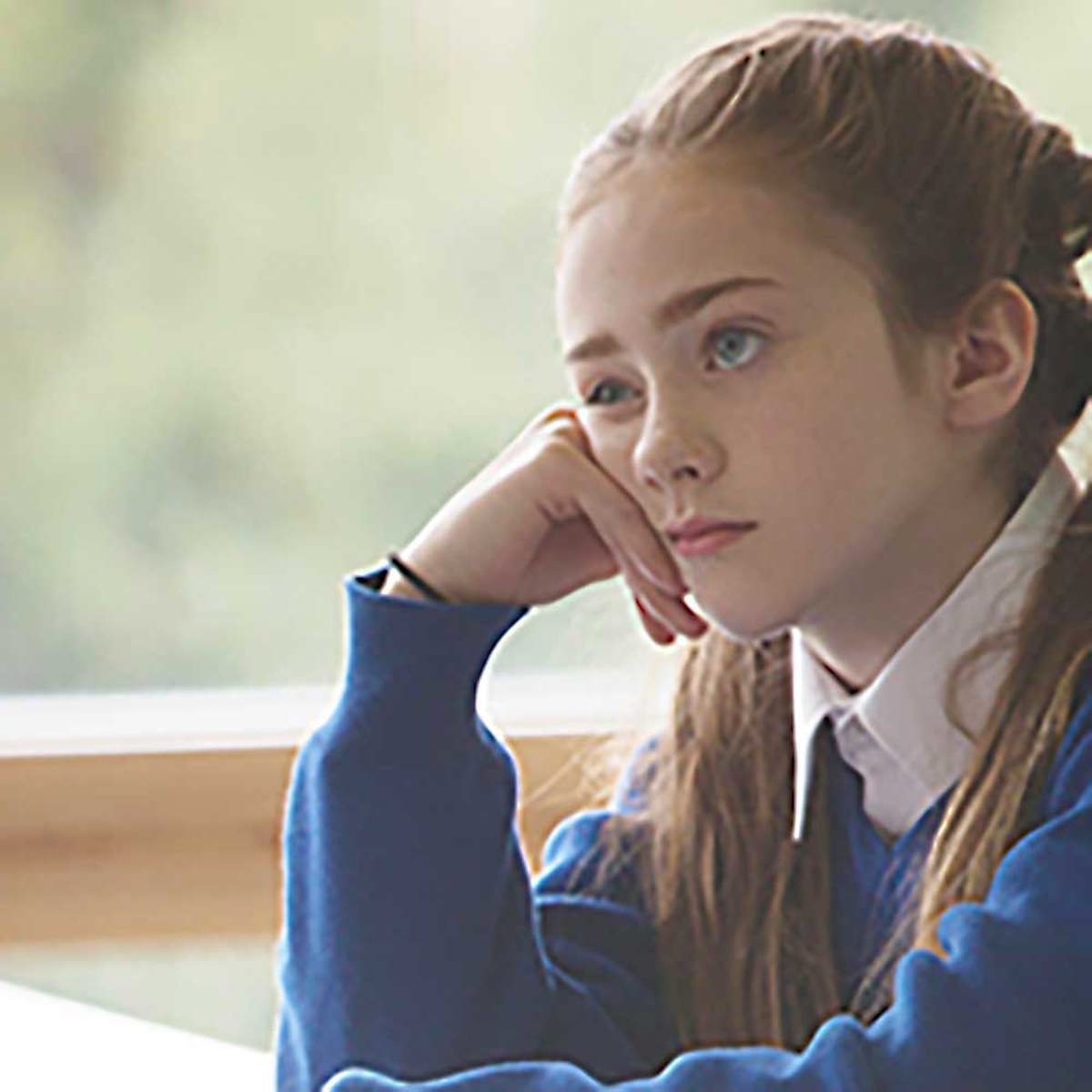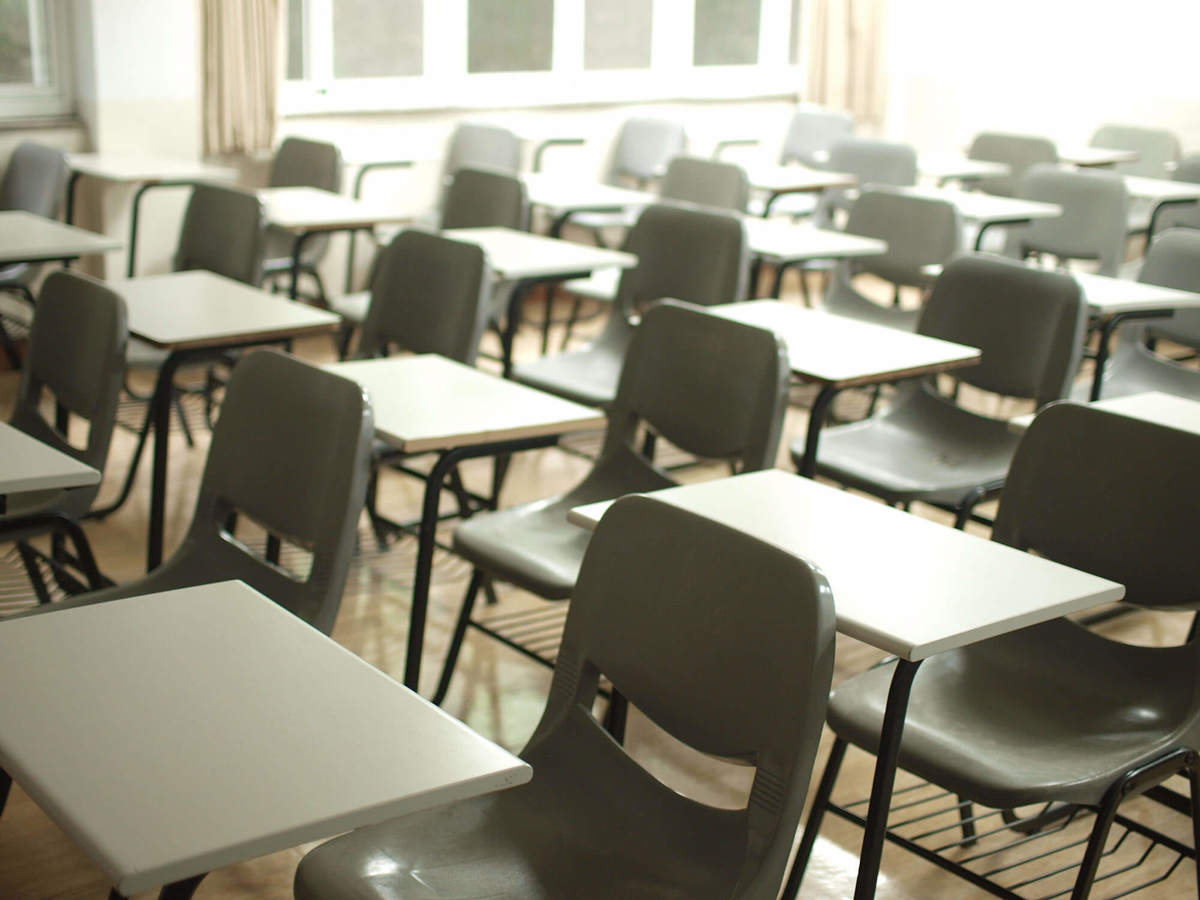Behaviour and exclusions
NGA's position statement on behaviour and exclusions

NGA believes that a school/trust’s culture and values are central to creating a supportive, safe and inclusive learning environment that encourages the positive behaviour of all members of the school community. We recognise the value of stakeholder engagement in the cultivation of a safe and inclusive environment that promotes positive behaviour. The whole school community, including staff, pupils, parents and governors/trustees need be on board and supportive of the school/trust’s ambition.
Research consistently finds that poor behaviour is often symptomatic of underlying issues particularly impacting marginalised groups. This is reflected in the disproportionate rate of suspensions and exclusions for some pupil groups as well as the increased likelihood of lower academic attainment. Foundationally all relevant school policies, should reflect equity in the accessibility of meeting the schools expected behaviour standards and avoid presenting barriers to inclusivity. UNICEF’s initiative, Rights Respecting Schools embeds children’s human rights into their ethos and culture and it puts the UN Convention on the Rights of the Child at the heart of schools’ practice to improve their wellbeing. This approach has been shown to transform the culture of schools and trusts, made teachers lives easier and has empowered students to be agents of change.
Where sanctions are necessary they should be proportionate, fairly applied and not punitive. Responses to poor behaviour shouldn’t be about the threat of a penalty, but rather getting to the root cause and finding solutions.
There will be occasions where suspension and exclusion are necessary measures that need to be taken to keep pupils and others safe. It is NGA’s view that these measures should be used as a last resort and not as a form of punishment.














